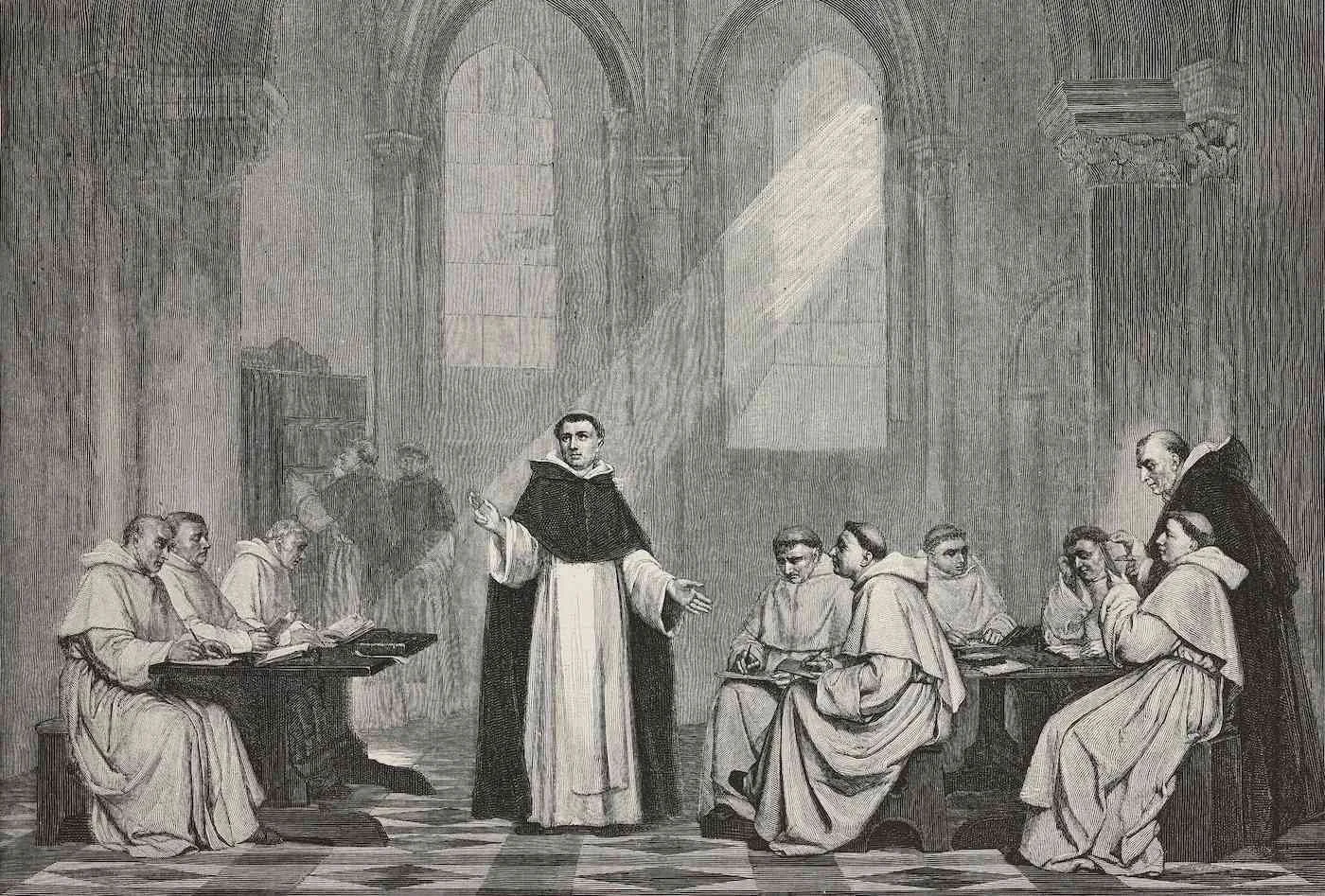A World Meaningful and Perspicuous? Considering the History, Claims, and Significance of Natural Law
Hale Institute Symposium, Moscow, Idaho
November 9, 2024
Natural law discourse was a mainstay in Western philosophy and jurisprudence for two millennia, and correspondingly prominent in the common-law tradition. Emerging from Greek and Roman predicates, the Christian church received and refined the notion of a “law of nature.” Jean Porter writes that for medieval natural law thinkers, the “concept of nature was a theological and not merely a philosophical notion . . . thanks to the extensive work on the theological significance of the natural world that began early in the twelfth century.” Locating the law of nature also within the knowing subject, common-law jurist Sir Edward Coke famously wrote in his opinion in Calvin’s Case (1608): it “is that which God at the time of creation of the nature of man infused into his heart, for his preservation and direction; and this is Lex aeterna, the moral law, called also the law of nature.”
Controversy certainly attends the concept. Complicating the matter is the post-scholastic irruption of prominent thinkers reconceiving nature itself: from a given, revelatory order into an ethically mute substrate of empirical facticity upon which the human will acts. The public prevalence of this bleak outlook over its theological predecessor makes contemporary resort to “natural” law an ambiguous usage. Further complicating is the presence of competing theories of natural law. Notable recent history also includes the twentieth-century Protestant turn-away from natural law altogether. Karl Barth notoriously rebuked natural law as of “the church of the antichrist” or of liberal fancy; the late-century theonomists indicted it as an attempt at human autonomy.
But the tide is noticeably turning. Perhaps the asserted logical imperative that is and ought be dis-integrated, that creation be denied accessible moral meaning, has lost luster upon enactment in practices from transgenderism to the surrogacy industry. Perhaps a community weary of the positivism of contemporary law has been provoked toward more pedigreed and embedded ways of seeing things. Whatever the impetus, natural law discourse is making a comeback. Whence and whither?
* * *
Symposium papers:
Peter Leithart - The Mountain and the Plain: Prolegomenon to a Physics of Genesis
Simon P. Kennedy - Reformed Natural Law and the Christian Magistrate
Craig A. Stern - A Mistake of Natural Law: Sir William Blackstone and the Anglican Way
Jeffery J. Ventrella - But Does It Work? Natural Law at the Retail Level
Timon Cline - Natural Law in Colonial America and After


